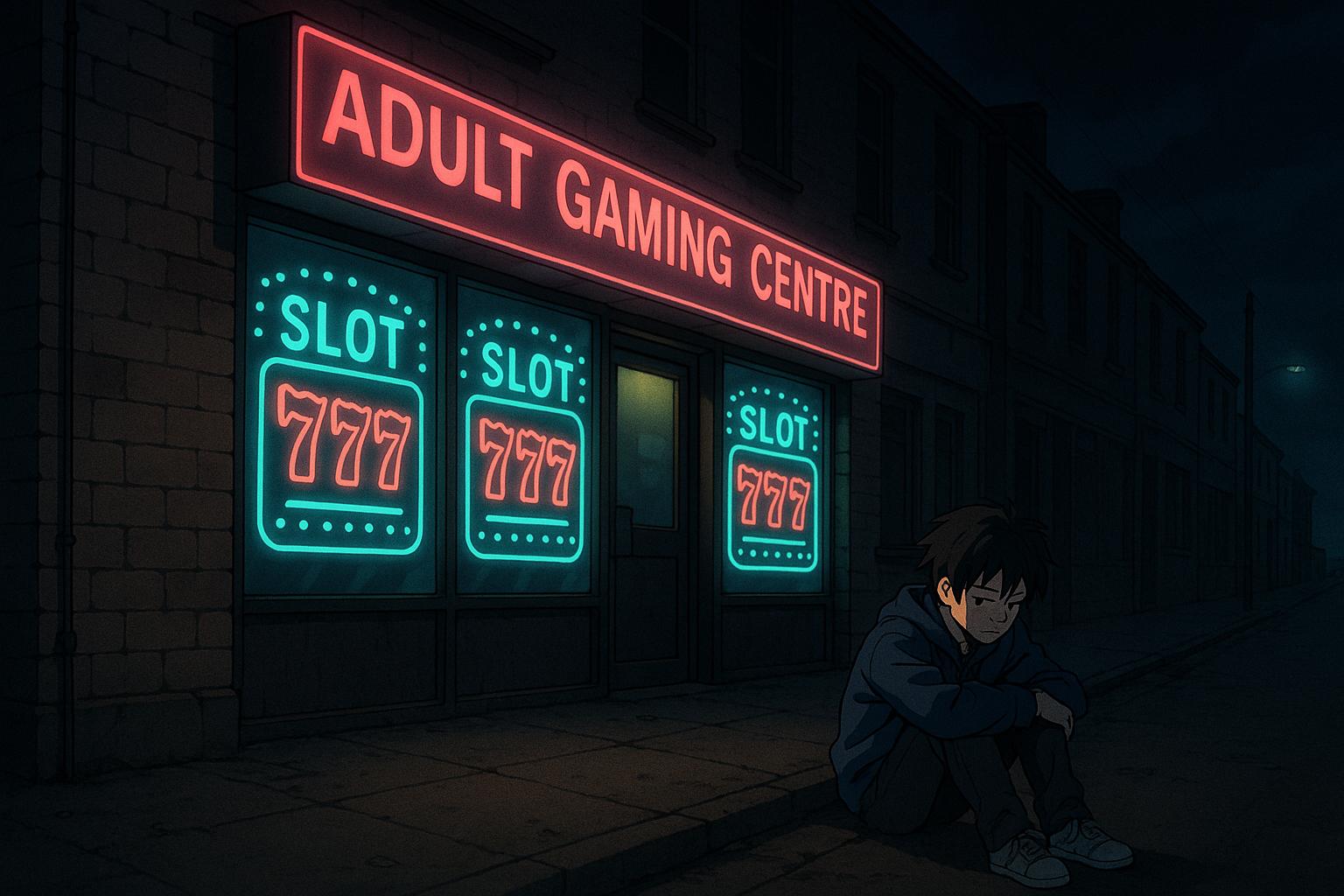Slot machine companies in the UK are increasingly focusing their business strategies on the nation’s most economically disadvantaged neighbourhoods, a trend exacerbated by a growing number of "adult gaming centres" (AGCs). According to recent investigations, the number of these venues has surged by 7% since 2022, fuelling concerns about their impact on vulnerable populations. The profits from these establishments are often funnelled to wealthy, overseas owners and private equity firms operating with offshore financial structures.
The findings reveal a stark reality: approximately a third of the 1,452 AGCs reviewed are located in the poorest ten per cent of British neighbourhoods, with over 50% situated in the most deprived areas. This geographical concentration is particularly pronounced in seaside towns, traditionally associated with amusement arcades, but is alarmingly evident in other economically challenged towns, like Middlesbrough and Hull, which host a significant number of AGCs.
These shifts have led prominent figures, including Andy Burnham, the Mayor of Greater Manchester, to advocate for greater regulatory powers for local councils, aiming to control or limit the establishment of new AGCs. He expressed that these venues often exploit vulnerable individuals in communities already facing considerable challenges. “It’s time we were honest about what AGCs really are,” Burnham stated, pressing for urgent legislative changes to ensure local authorities have the power to curb their proliferation.
Addiction specialists have echoed these concerns, citing evidence that highlights the addictive nature of slot machines—identified as one of the most harmful gambling products in recent health surveys. Prof Henrietta Bowden-Jones, the national clinical adviser on gambling harms at NHS England, remarked that these venues, particularly those operating around the clock, are designed to entice players to gamble for extended periods, often leading to devastating personal and financial consequences.
The financial implications are significant. AGCs took in more than £530 million from gamblers in the last reported year, illustrating the scale of their operation and the potential societal costs. The share of profits tends to divert away from local communities and funnel into the hands of the affluent few. For instance, the UK division of Admiral Slots, owned by Austrian billionaire Johann Graf, reported substantial profits and dividends that starkly contrast the financial struggles of the areas in which they operate.
Supporting this narrative, a recent analysis found that the UK’s most deprived areas have over ten times the number of betting shops compared to wealthier regions. More than a fifth of all gambling outlets, including AGCs, are situated in the poorest neighbourhoods, where communities are particularly susceptible to the perils of gambling addiction.
The calls for reform are gaining traction. A coalition of 36 councils and several mayors have urged the government to amend existing gambling legislation, stating that the current framework is inadequate for protecting these communities. Local leaders emphasise that without reform, the likelihood of exacerbating social inequalities only increases.
Furthermore, private equity ventures, such as those affiliated with Morgan Stanley, have entered the AGC market, raising additional concerns about the ethical implications of profit-driven motives prioritising remuneration over community welfare. While the arcades trade body Bacta claims that its members are committed to social responsibility, the growing evidence suggests there is a pressing need for better regulation and oversight.
In summary, the rise of AGCs and their concentration in the UK's poorest areas present a complex issue that intertwines economic hardship, regulatory gaps, and corporate accountability. As more local leaders and addiction experts rally for legislative change, the call for a reassessment of how gambling establishments are licensed and regulated grows ever more urgent.
Reference Map
Source: Noah Wire Services
